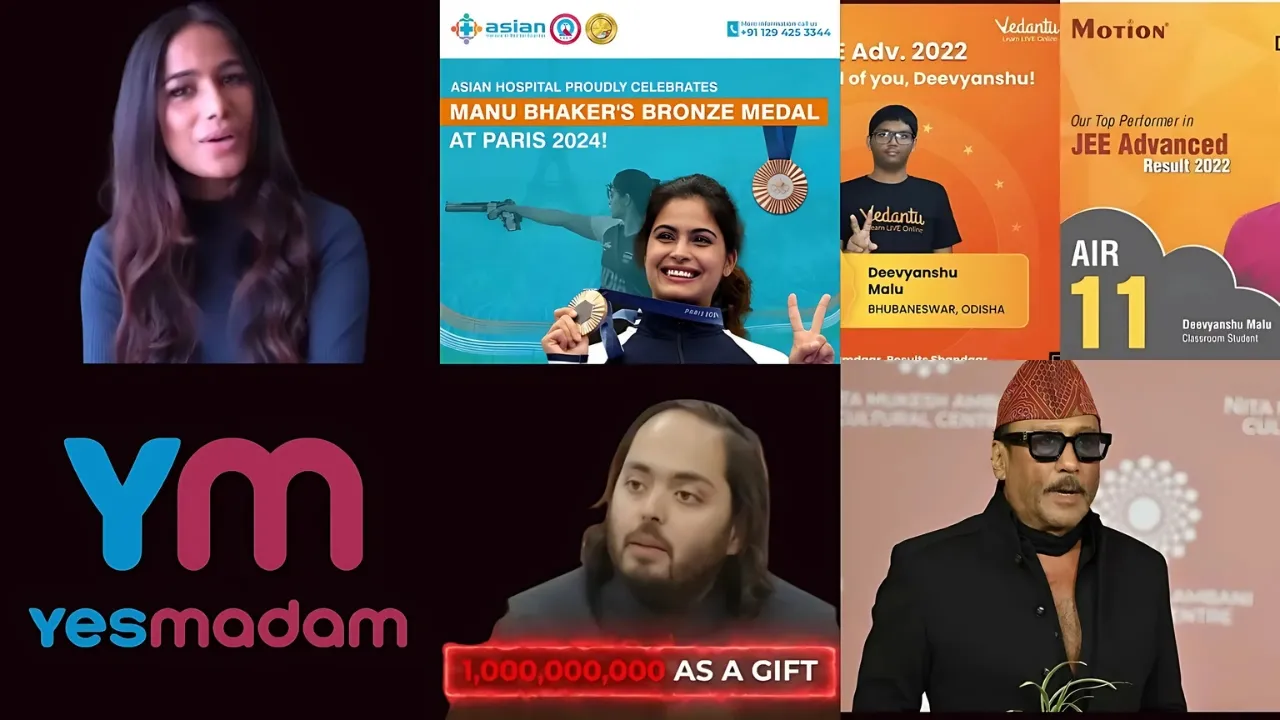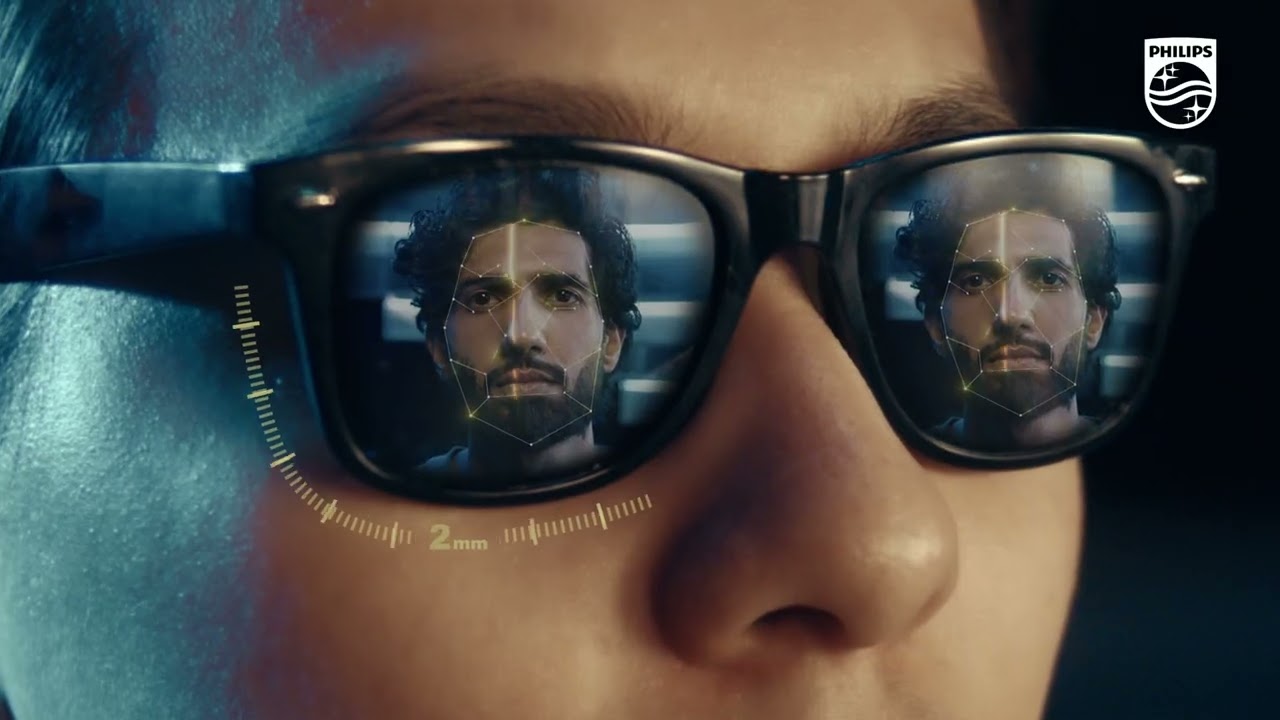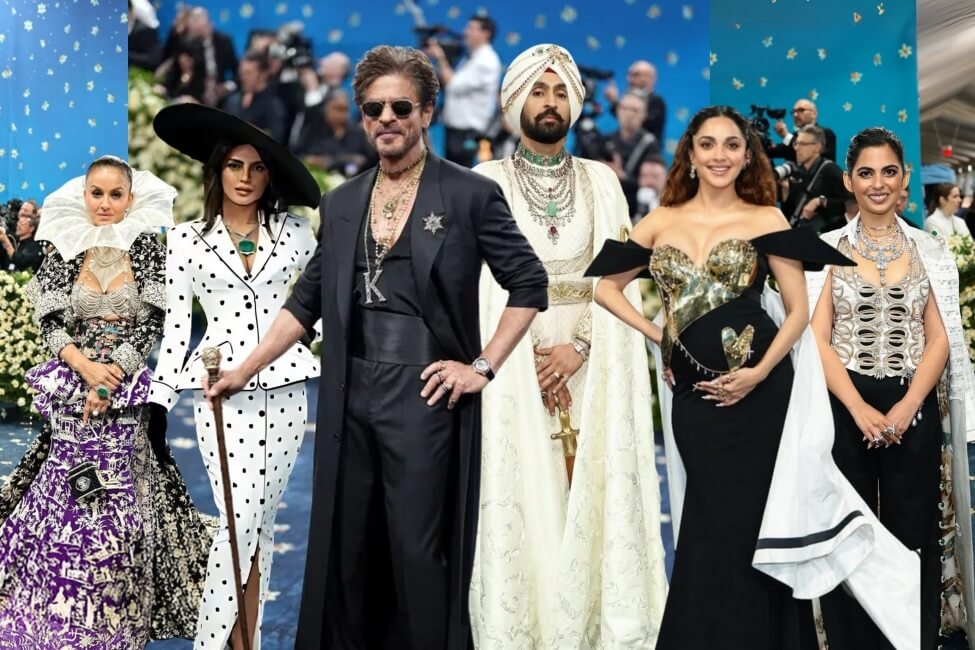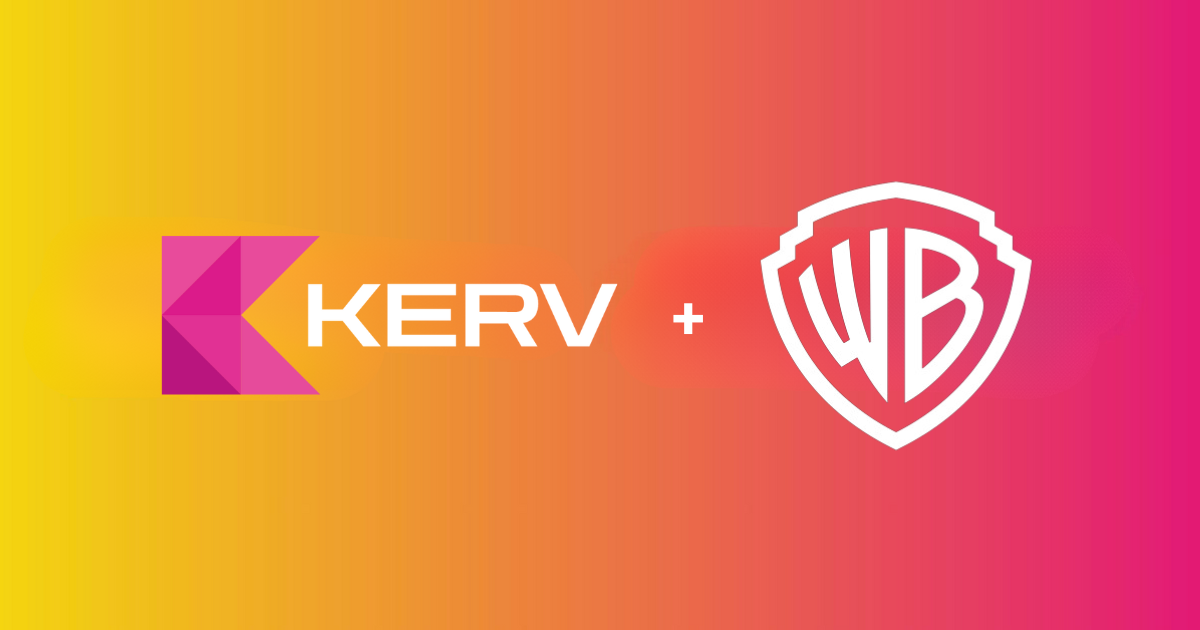Advertising in 2024: Balancing Innovation and Ethical Responsibility
The advertising world in 2024 showcased remarkable technological advancements, including the widespread use of artificial intelligence, immersive technologies, and innovative formats like pause ads. However, the darker side of advertising—unethical practices—continues to raise significant concerns around consumer exploitation, misinformation, and breaches of trust.
Shockvertising: Creative or Controversial?
Brands pushed boundaries in their quest for attention, but some campaigns crossed ethical lines:
Poonam Pandey’s staged demise for cervical cancer awareness, in collaboration with Hauterrfly and creative agency Schbang, backfired due to its insensitivity. The stunt drew widespread criticism, highlighting the dangers of sensationalism in awareness campaigns.
YES Madam, a home salon service, falsely claimed to have terminated 100 employees due to stress. It later revealed the campaign aimed to spotlight workplace stress. While it succeeded in creating buzz, it was widely criticized for trivializing a serious issue.
These examples underline the thin line between clever advertising and ethical responsibility, a balance many brands continue to struggle with.
Tackling Misleading Ads in Coaching Centers
The Central Consumer Protection Authority (CCPA) imposed fines totaling ₹61.6 lakh on 19 coaching institutes for misleading advertisements. Key issues included:
Falsely inflating success rates and student achievements.
Guaranteeing unrealistic outcomes, such as 100% selection or admission.
Using urgency tactics to provoke anxiety among students and parents.
The draft guidelines issued by the CCPA emphasize honesty in advertisements, discouraging fake testimonials, inflated claims, and misleading narratives that fail to credit individual effort.
Deepfake Dilemmas
Deepfakes are increasingly common, serving as both a source of entertainment and a tool for fraud.
Billionaire Anant Ambani and Nita Ambani were featured in manipulated videos endorsing a dubious gaming app, promising unrealistic returns.
Actor Aamir Khan filed an FIR against a deepfake falsely showing him endorsing a political party.
In a bold response, HDFC Bank leveraged deepfake awareness with Nora Fatehi, staging a campaign where she claimed her likeness had been misused. The campaign raised awareness about the potential misuse of AI and deepfake technology.
Olympians and Image Rights Violations
The unauthorized use of Olympians’ images without sponsorship continues to plague Indian advertising.
In 2021, PV Sindhu took 20 brands to court for unapproved use of her image post-Tokyo Olympics.
In 2024, hockey legend PR Sreejesh faced a similar issue with Apollo Tyres, which used his image without compensation following the Paris Olympics.
Legal experts and athletes warn that unauthorized use of Olympians’ imagery could result in severe legal repercussions, emphasizing the need for brands to respect image rights.
Celebrities Protecting Personality Rights
Celebrities are increasingly approaching courts to safeguard their image rights against misuse, particularly with the rise of generative AI:
Amitabh Bachchan, Rajnikanth, and Jackie Shroff secured legal protection over their name, voice, and likeness, ensuring their control over media use.
Anil Kapoor earned a spot on Time Magazine’s 100 Most Influential People in AI for his landmark victory securing his rights against AI manipulation in 2023.
Conclusion
The challenges of 2024 remind us that as advertising evolves, so must its ethical framework. Brands must balance innovation with integrity to maintain trust and ensure a fair playing field for all stakeholders.
Video:
Author: Sania Khan











